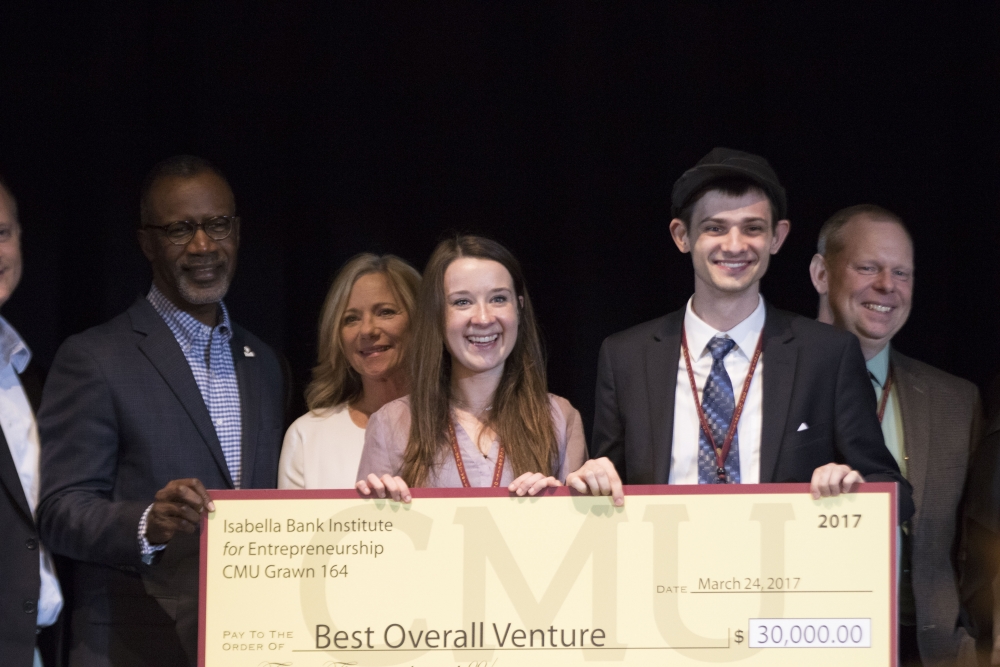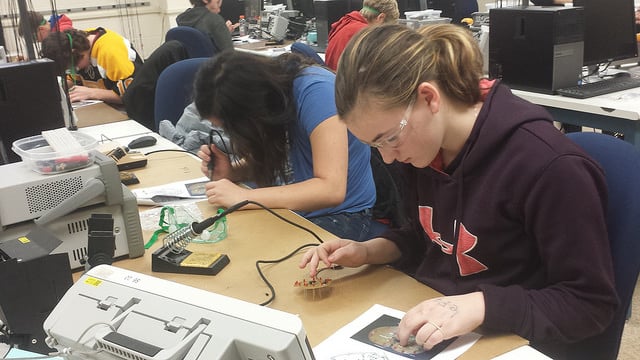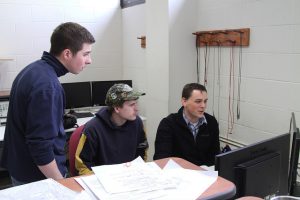Hujambo from Tanzania! This week, the Tanzania Tree Huggers moved to Boma Ng’ombe where we will be staying for the remainder of the trip. On Friday, we said our good-byes at Old Moshi Hostel and Tesha picked us up. We would be staying at John’s house, a friendly man with a passion for gardening, for the next 3.5 weeks. It was exciting getting to start this leg of the trip because we knew that we were going to have a great time working at both Nkwamakuu primary school and Orkolili secondary school.

On saturday, we got to go on one of the most exciting parts of the trip – a safari! We headed to Snowview Hotel to meet the tour guide before dawn before heading to Arusha (about an hour away) to pick up Mary who had just come in from Kenya the night before. Our guide picked up our lunchboxes and we were off to Tarangire National Park. It was about 2 hours further but along the way, we got to see Maasai herding their cows and a lot of the more rural parts of Tanzania. On the safari, we saw wildebeests, ostriches, antelope, elephants, giraffes, cheetah, a whole bunch of zebras, and nine lions! A monkey even managed to steal Madi’s sandwich!

After such an eventful day, we mostly used Sunday to rest up before starting in the schools that week. Monday was dedicated to going to the district office for the schools and talking to the folks over at Nkwamakuu and Orkolili about what their expectations and goals were for our time with them. Nkwamakuu encouraged us to pursue a project of our choice and to teach everyday while Orkolili invited us to attend a science fair with them in Moshi, teach, and help teach a class on PowerPoint to teachers the following day.

Tuesday was our first real day in the school and it was a whirlwind. We started the day by giving lessons in mathematics and science to the standard seven class at Nkwamakuu before jumping in a bajaji and heading to Orkolili. We spent 3.5 hours working with the teachers on their PowerPoint skills and then they created a slideshow to present to the group about the topic they normally teach. There was a lot of enthusiasm from some of the teachers who did not have much prior experience with PowerPoint but saw how it could be beneficial to their arsenal of teaching methods.


Wednesday was the first day that we got to spend entirely at Nkwamakuu. We planned to go back to the standard seven class and work on english and mathematics. The activity that we had planned to make teaching english more engaging was to play a form of charades where the students got to act out things written on the board like animals, activities, and responsibilities. One of our favorites was the group of students acting out elephant turned their school sweaters into trunks. After our lessons, we enjoyed breakfast before going and observing standard four, the class we were planning on teaching next. We wanted to get a feel for what they were learning and what methods the teachers used so we sat in on mathematics and swahili. Before heading out, we had some lunch and played a million rounds of patty cake with the kids!


Week two was an exciting one! We can’t wait to see what will be in store for us week three!















 Julian Gabriel
Julian Gabriel Marcello Guadagno
Marcello Guadagno Nichole Mackey
Nichole Mackey Brianna Neeb
Brianna Neeb Sarah Wade
Sarah Wade


